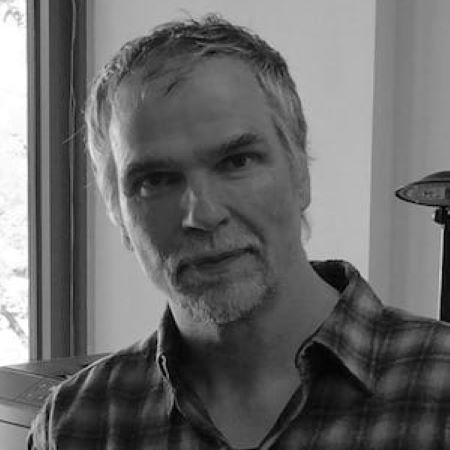Qiu Lin, a Postdoctoral Associate in the Sage School of Philosophy, sees the History of Philosophy as an area that contains questions which are inherently interesting, whether you have a background in philosophy or not. “How,” she asks, “could anyone think that space is God’s emanative effect, like Newton? Why would anyone think that the immutability of God is the ground of the laws of nature, like Descartes? And why does Émilie du Châtelet say that we have to represent space as an independent substance? These are all wild ideas! How could they possibly think that and do they have good reasons?” She loves these questions both for what they are and for the fact that they are fascinating if you are a philosopher, a scientist, or a human.
When Lin did the Great Books program at St. John’s College, she had no intention of studying philosophy. In fact, initially she did not even realize that much of what she was reading was classified as philosophy- to her it was simply a wonderful invitation into the world of Western Classics and an opportunity to discuss questions that we don’t talk about in everyday life. Philosophy was something that she accidentally stumbled upon, but she had so much fun with it that when she did eventually come to know it as philosophy, her only desire was to prolong the experience. Fast forward through a Master’s and a Doctorate (during which she did a dissertation on Émilie du Châtelet) and find Dr. Lin in a Post-Doctoral position in Cornell’s philosophy department.
Even now, Lin’s love for philosophy lies in the simple fact that it is fun. This is reflected in the work she does and the way she teaches. She wants to “invite her students to inhabit the moments when some of the most mind blowing discoveries were made in the history of science, and also to invite them to ponder the weirdness!” It is clear from how Lin describes her current work that she herself has stepped into the weirdness and beauty that the moments of scientific discovery inhabited. She smiles widely as she describes Descartes’ theory of vortex and comments on the fact that although we immediately reject it now, at the time it was a strong contender against Newton’s theory of gravity. Lin laughs at Descartes’ cleverness (though many question his intellectual integrity), but finds real value in looking at his mode of argumentation.
Lin’s current work looks at Émilie du Châtelet’s involvement in the conversation between Descartes’ followers and Newton on universal gravitation. There was huge resistance to Newton’s idea that two bodies can act upon each other across vast space. In opposition, Cartesians argued that it wasn’t gravitational attraction that carried planets around the sun, but rather that planets are lodged in vortices of fluid which carried them around. Du Châtelet runs into a problem because she wants to explain things in terms of matter and motion only- she finds action at a distance (as in Newton’s explanation) unintelligible. Still, she sees that there is empirical evidence which supports Newton’s claims. Instead of denying either argument, she claims that we do not always need mechanical explanations in physics, and that we can appeal to physical qualities such as attraction to explain certain phenomena. Lin argues Du Châtelet’s interjection frees the field to “recover” the complex motions of celestial bodies via attraction, rather than being stuck in an irresolvable debate.
Lin’s work on Du Châtelet indicates a broader view that she has of philosophy as a field, namely that there are so many voices within the field that have yet to be explored. When Lin started to work on Du Châtelet six years ago, the philosopher’s work Foundations of physics just received a full English translation for the first time. Lin was even cautioned against doing her dissertation solely on Du Châtelet and not someone in the canon because it was unclear if anyone would take it seriously. However, her commitment to unheard voices has paid off, and the field is better off for it. Lin continues her work in broadening the scope of philosophy by looking at both the Western history of philosophy as well as the Chinese history of philosophy. Most importantly, she feels that when you work on people like Du Châtelet and those in Chinese philosophy who aren’t given enough attention, “You never feel as if you are spending your time on something that is not important” because you are trying to restore a forgotten voice.





